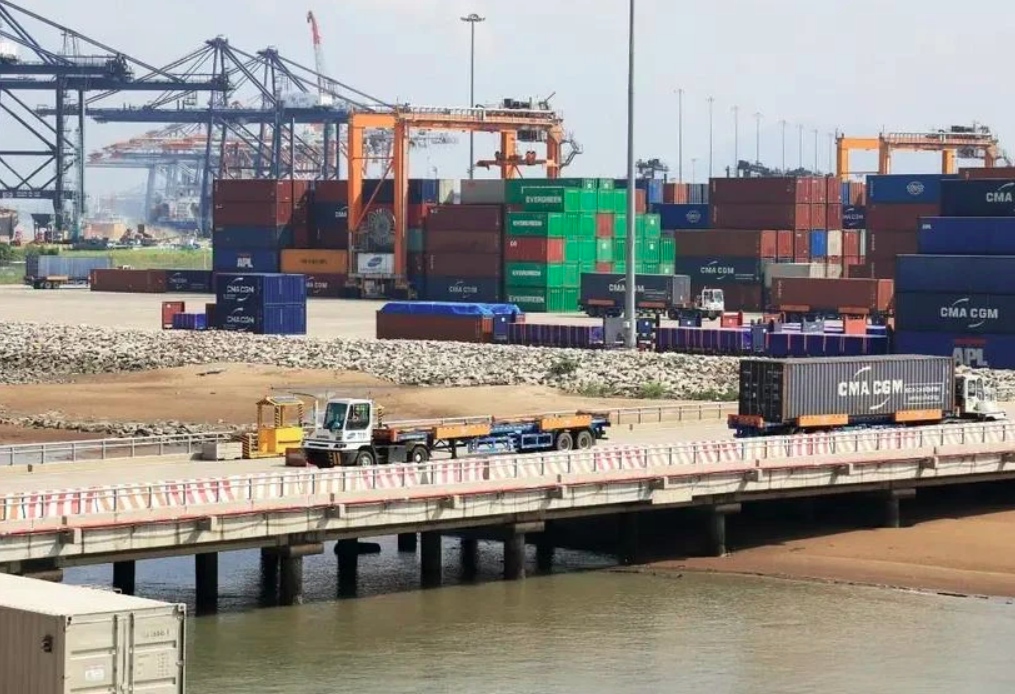The last two months witnessed monthly exports and imports exceeding US$70 billion. In particular, the sum was estimated at US$70.11 billion in July and US$70.65 billion in August.
In 2022, the trade value hit US$732 billion, but none of that year’s months saw the figure reaching US$70 billion.
The recovering consumption demand in key export markets of Vietnam helped the August exports set a monthly record of US$37.59 billion, compared to the US$36.24 billion in July. During the first eight months of this year, overseas shipments topped US$265 billion, rising 15.8% year on year.
Meanwhile, imports have also been on the rise to serve export manufacturing. The value increased 17.7% from a year earlier to US$246 billion during the period.
Imports of production materials stood at US$230.95 billion while consumer goods US$15 billion, respectively accounting for 93.9% and 6.1%.
As a result, Vietnam gained a trade surplus of US$19.07 billion, statistics show.
Dr Le Quoc Phuong, former Deputy Director of the Vietnam Industry and Trade Information Centre under the Ministry of Industry and Trade, said that together with industrial production, foreign trade was a bright sport in the eight-month economic panorama.
Notably, agricultural products and minerals made up only 12% of total exports while industrial products more than 88%, he noted.
The S&P Global Vietnam Manufacturing Purchasing Managers’ Index (PMI) in August indicated continued increases in output and new orders, as well as eased inflationary pressure. It stood at 52.4 points, showing strong improvement of business conditions in the middle of the third quarter.
As there are nearly four months left before the end of 2024, it’s now the peak period for domestic manufacturers to secure year-end orders. Meanwhile, those already receiving enough orders are increasing materials and workers to complete orders and deliver on schedule.
Cao Huu Hieu, General Director of the Vietnam National Textile and Garment Group (Vinatex), said the group has gained enough orders to fulfill through the end of Q3 and Q4 2024. Given the signs recorded so far, the entire sector’s exports may grow 8-10% this year.
During the first eight months, the sector earned approximately US$28.5 billion in overseas shipments. That includes US$24.3 billion in textile and garment products, US$2.92 billion in fibre and yarn, and nearly US$1.2 billion in materials, respectively up 7.9%, 1.3%, and 11.9% year on year.
Andrew Harker, Director for Economic Indicators & Surveys at S&P Global Market Intelligence, held that inflation, with both input costs and output prices rising at much weaker rates in August, was reportedly a factor contributing to sustained new order growth. Overall, the manufacturing sector continues to enjoy a strong second half of the year.
Given the current order situation and the growth of input material imports, foreign trade is likely to go beyond the 2022 record.
If the monthly turnover of US$70 billion is maintained, total exports and imports for the whole 2024 may exceed US$790 billion. If some industries are unable to maintain their performance, the figure may stand at US$785-786 billion.




















.jpg)




